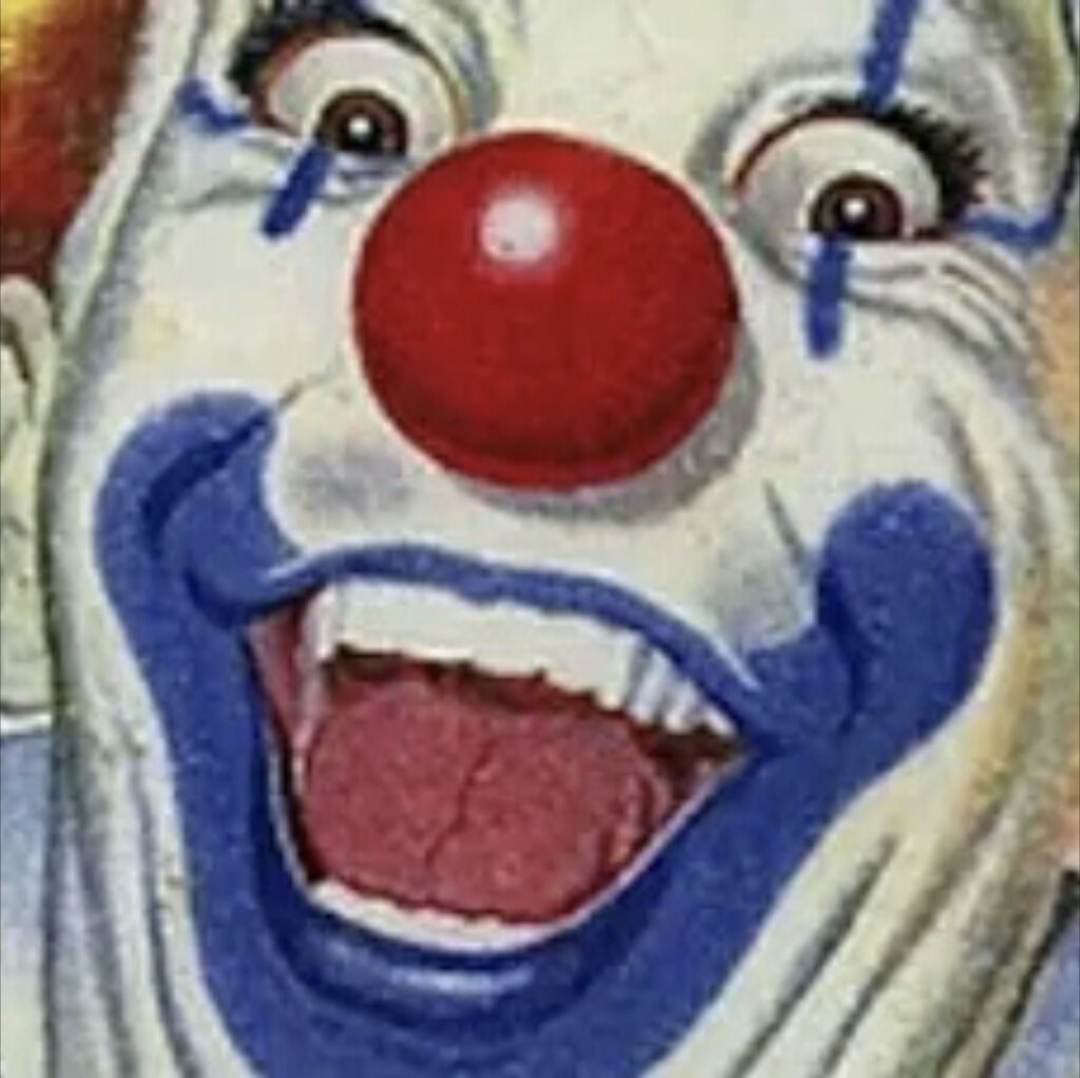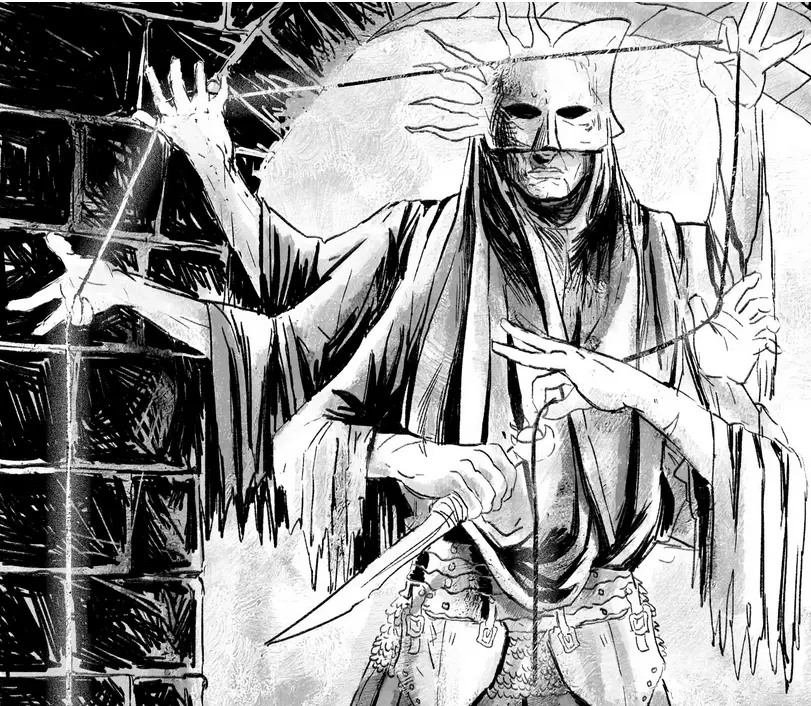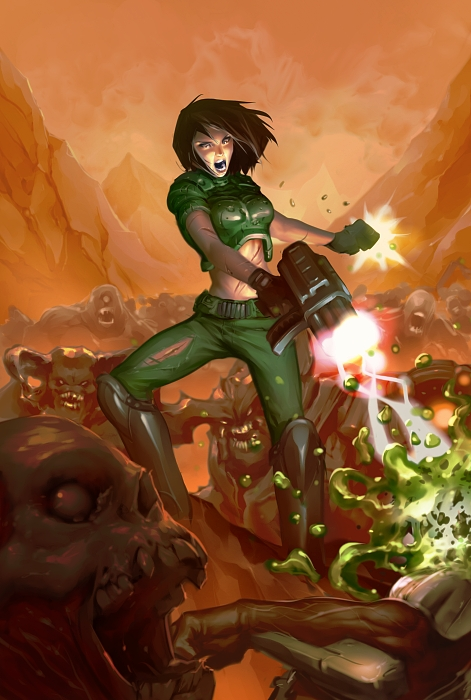Please share books that affected your worldview or changed your thoughts.
For me, it’s A People’s History of the World by Chris Harman. I studied business and work in finance, and before reading it, I never questioned the idea that capitalism was just the natural way of things. This book made me realize that capitalism is man made. It had a beginning and it can have an end. Wealth and poverty are not just inevitable, they are created by human decisions. That perspective really shook me.
Do you have a book that had a similar impact on you?
The Hunger Games turned out to be an accurate representation of the modern world.
Hope I don’t get flak for this one, but:
Jurassic Park. Of everything in this book only one thing really stuck with me. The park was overrun with dinos because the computer counted the ones it meeded to, then just stopped counting. It found its target of, say, 2 raptors. I didnt need to keep count of the others because it located its expected two. Good enough.
I’m on mobile so its a little hard to write out my thoughts and find accurate quotes and notes, but I think you’ll get what I’m saying.
That’s the earliest idea of a confirmational bias I can remeber when I was much younger, and I think helped me with critical thinking moving on.
1984
I know it’s a typical answer. But there’s a reason for that.
That book will put the fear of fascism in you in a way that even actual history doesn’t. That book caused me to take historic examples of fascism more seriously and personally.
Apparently not enough of my fellow Americans have read it.
Tess of d’Urbervilles -Thomas Hardy, it’s still quite relevant in my country. Not perhaps the more extreme
spoiler
rape victim blaming stuff
(though that still happens in some places) but the overall tone the book takes with mocking religion, the double standards Tess faces, and above all, her internalised misogyny was something I really resonated with. To be fair, my parents were relatively liberal but people pick up subtle sexism in the household nevertheless. So I grew up with some internalised misogyny. I was never very religious either because sexism inherent in nearly all religions made me uncomfortable (though, of course, some people interpret their holy books differently and are welcome to do so - I am not criticising them). So I really liked the book and read it several times just before college, years ago.
Hardy is also a sensitive and deeply emotional writer. I think he really gets women because he has empathy. Most men I know who call themselves feminists take it to be a purely a matter of intellect and common sense, but they show the same curious lack of empathy men usually reserve for women. But Hardy is a feminist because he cares for women, and that makes all the difference. The only other man in literature who I can think of who actually understood women was Sahir Ludhianvi, the Urdu poet, and I like him too.
Some of Sahir Ludhianvi’s poetry too. When I was younger I didn’t have words for it but when I grew up I realised that I’ve always kind of been socialist, or at least anti-capitalist without realising it because his poetry and music were common in our house and my values were shaped by his humanism.
I can’t remember the name or figure out what to search to find it, but there was a book I picked up in early high school that really changed the way I think about protests.
Most of the main characters were LGBT, which was incredibly refreshing to me, and were actively being oppressed by their school staff and local police force. It was the first time I’d ever heard about zip-tie handcuffs and tear gas being used against peaceful protesters. It wasn’t the most well written book but demonstrated all types of discrimination and oppression that I’d never even thought about before at that point in my life
Edit: Anger is a Gift was the name of it
frantz fanon’s the wretched of the earth, and caio prado júnior’s the colonial background of modern brazil.
I used to be a semi-devout christian, but at 15 I started reading the bible while on a basically mandatory bible camp of sorts. So the bible changed that.
The War of Art by Steven Pressfield
Inspiration exists, but it has to find you working. ― Pablo Picasso
Confessions of an Economic Hitman.
While it was overly dramatic and questionably factual, it opened my eyes to how foreign governments are manipulated by the US to benefit corporations. I don’t know how much it “changed” my views, but it definitely changed how I saw the world and how I interpreted specific news stories.
Marx Weber The Protestant Ethic. Great book that I feel is quite perceptive about how Protestantism led to capitalism and installed a culture of work for the sake of work
Sophie’s world by Josvein Gaarder and unbearable lightness of being by Milan Kundera.
Read these in my late teen rebellious age, made me introspective and really emo (read: pretentious and annoying) and gave me a philosophical lens and human psychological lens in my relationships with others and with the world.
May not be typically mind-blowing books as they are, but coming in that time in my life, it shaped my world view.
Jakarta Method
Blackshirts and Reds
Jakarta Method is a good one!
In the Spirit of Crazy Horse was a pretty radicalizing read for me. It’s ostensibly about the injustice suffered by Leonard Peltier after two FBI agents were killed on Oglala land in 1975. But what it really tells the story of is the complete pillaging of a land where people already existed and how treaties have never been worth the paper they were inked on to the US government.
Harry Potter and the methods of rationality. Helped me foster a drive to self critique my ways of thinking frequently and gave me tools to do so better.
Love that series.
The Bible after really reading it book by book at church camp of all places. It made me question my faith and sent me on a journey of reading and study of a lot of different religions to end up believing in none of them but fascinated by all of them as a social phenomenon.
Reading the Bible and apologetics are Christianity’s worst nightmare for followers. I had similar experiences, now in religious studies
you may be interested in the book How to Read the Bible by James Kugel








